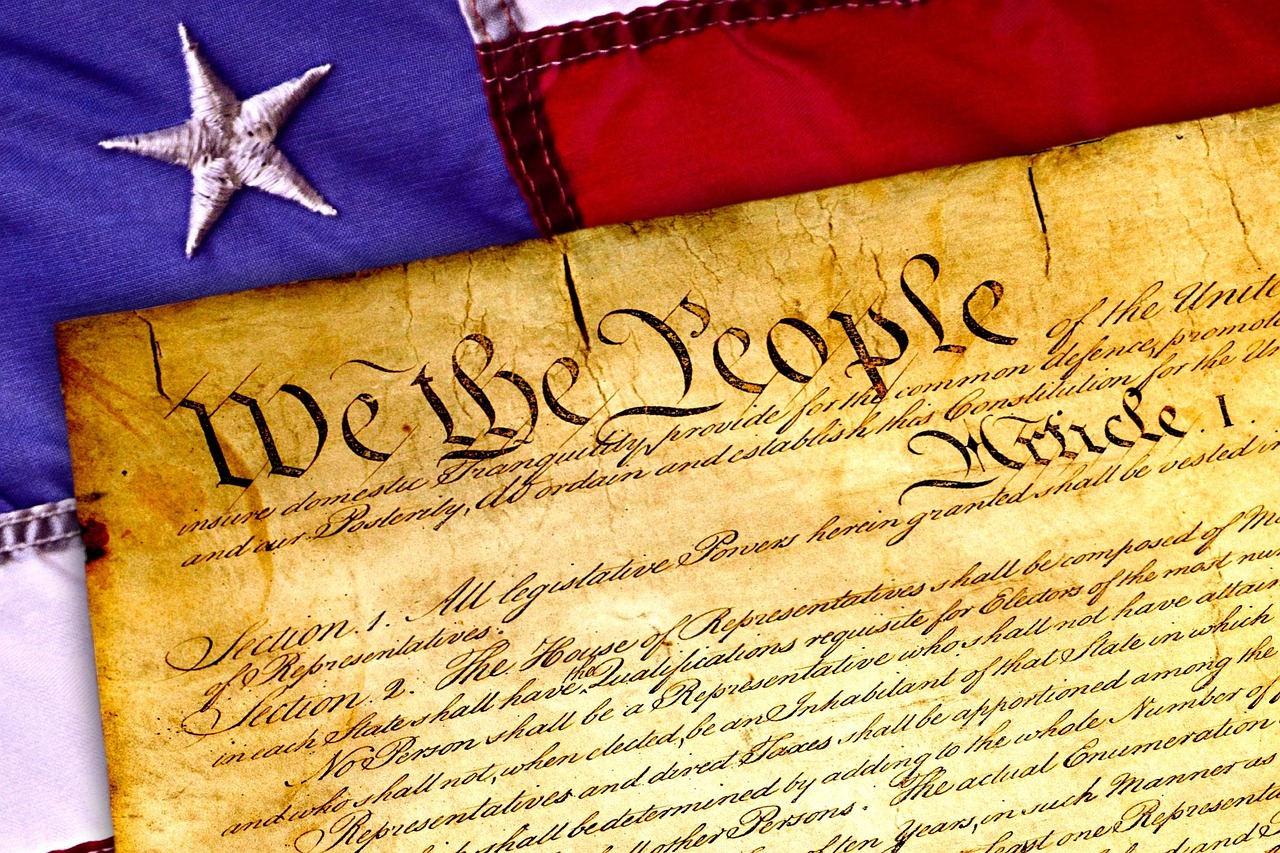State of the Union Address: Part 2 – Does it still matter? The aftermath.
Today, in part two of our notes on the relevance of the State of the Union address, we focus on whether or not the speech given by President Trump last evening represented a method for presidents to help achieve common ground, or rather in today’s technologically driven world, is simply a political anachronism that time and technology have left behind. Tomorrow, in part three we will put the same lens on the opposition rebuttals.
The fact is that the speech’s success or lack thereof is probably in the eye of the beholder depending on which side of the political aisle you may be sitting on. The issues raised by the President last night are not new and have been matters of division for a long time. Immigration has been a hot button for many years, global terrorism and in particular North Korea have been wrestled with by the last four presidents, economics and wage growth and the relationship to the stock market continue to be a conundrum. As such, there should have been no expectation that one speech each year by any president or any political figure would solve these issues. Whether or not you feel this President in this speech offered a roadmap to actually solving these problems is a matter for your personal opinion.
One commentator derided the ceremonial traditions that surround the speech making it seem almost monarchical as well as almost redundant. Historically this was one of the primary reasons Thomas Jefferson did away with the tradition all together.
Another commentator suggested that the speech in general no longer has relevance, especially for this President, because whereas in the past it was a moment that allowed a president to be presidential and “forced the presidency into action and helped coordinate the bureaucracy, the congressional agenda, and public attention.” However, with a president that communicates multiple times via Twitter on a daily basis, the speech might be obsolete because his words are no longer “finite.”
There is no doubt that this president has thrust the presidency into the social media morass for better or worse. However, because of the fact that today’s news is presented in short bursts that do not always allow for true analysis, perhaps a long form speech that lays out the issues is not necessarily a bad idea. While the solutions presented might not be to one’s liking, the delineation of the issues can motivate a citizen to do some of their own fact checking and research.
Did you watch the speech? Did you see and hear ideas and issues that led you to either change your mind or at least want to know more? Does this yearly speech represent a unifier or a chance for the President to simply reinforce a particular partisan stance? If the speech were no longer required, what method would you fashion to replace it? However, the question at hand is what purpose this annual exercise serves in accordance with helping to achieve common ground in a divided nation?




